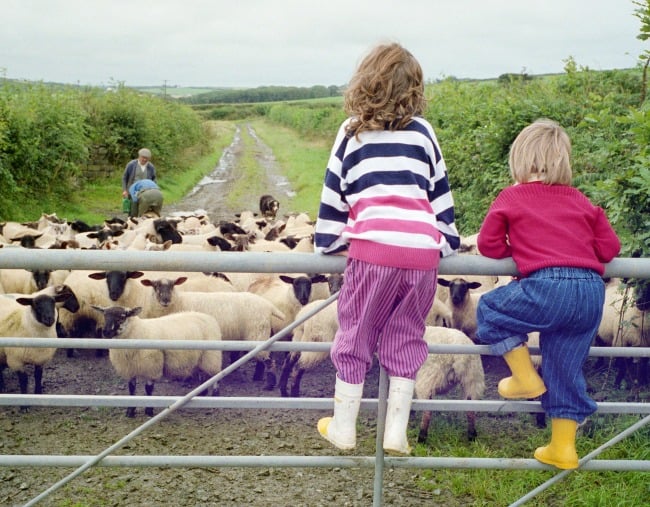
Life has taken me to some pretty unexpected, wild, wonderful, scary, beautiful places in the world, but no matter how far away I get from that little farm in rural New Zealand, I will never forget where I came from. At the end of the day, I’m just a Kiwi farm girl.
Oprah Winfrey (gen X #girlpower) was born in rural Mississippi; Taylor Swift (gen Y #girlpower) grew up on a Christmas tree farm in Wyomissing and 12 US presidents were born on a farm, so I am in good company. When times get challenging, farm girl values serve me damn well. So I cherish coming from “the wop wops” aka Kiwi for the middle of nowhere.
I am not the first person to talk about the lessons farming has taught me about business life and the resilience learnt from getting up at 5am, mucking out sheds and herding sheep. There are studies on this breed of businessperson. University of Sydney Business School has done a study of the CEOs of Australia’s Top 100 Companies and 38 per cent of the leaders were born in regional towns. Not to say that as a MD I have ever felt like I was running an office filled with unruly livestock that I have to feed and fatten up, but the operations of a farm, the work cycles and the relationship between the land, its people and the wider world have taught me so, so much. I still say that my Dad, the farmer, and farm life have been my best teachers.
The 10 lessons I learned on the farm:
1. You need good soil.
If you want anything to grow, you need that good soil. If the soil isn’t good, it doesn’t matter how good the seeds are or how much you work it, it’s hard to grow anything. My father took this analogy further and always used to tell me: “Find good soil for yourself.” By that I have interpreted picking good environments to grow in, where seeds can turn into something wonderful. If I look back at my career, Virgin was a place with damn good soil – that led to good things, it was a place that invested in me, where I could grow personally and the business could grow. (I was part of a team that set up Virgin Active.) I can’t say that Richard Branson was a good farmer (his dad was a barrister, his mother a flight attendant) but he knows how to look after the soil.

